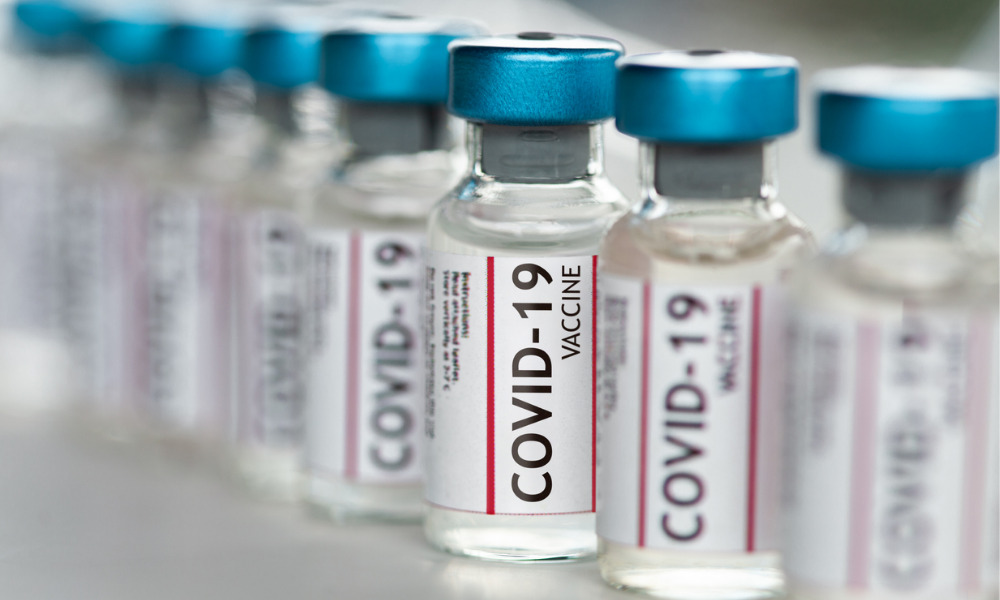
Leaders have a ‘big role’ to play in immunisation efforts as people spend most of their time at work, says one doctor

Most employees in Singapore (71%) said they’re keen on getting vaccinated when it’s their turn to get the shots. Uncertainty over the shots remains the biggest issue amongst residents who didn’t answer a hard ‘yes’ (18%) about getting the vaccine. A minority 6% of respondents said they won’t be getting the vaccine, though the study didn’t state their reasons for it.
When broken down by age group, employees aged 35 to 54 were most likely to say that they’re ‘unsure’ about taking the vaccine. About one in five shared their doubts about the vaccine.
Meanwhile, most (80%) employees aged 25 to 34 said they’re looking forward to getting the shots. They may have to wait a while as Singapore’s phased vaccine program is currently serving residents aged 45 and above.
Employment Hero also found that male employees were less likely to have doubts about the vaccine. The difference is only slight, however, with 13% of men sharing their concerns, compared with 25% of women.
Read more: Vaccination: What’s HR’s role in managing employees?
While vaccinations are voluntary in Singapore, studies have shown that encouraging immunisation is in the business’s interests as many staffers said they’d feel safer about returning to the workplace if employers mandated a clear policy. We spoke with Dr Low Kiang Wei, medical director at International SOS who said that leadership’s main role involves sharing the right information with employees to dispel any fears.
He recommended that leaders offer employees the most accurate and up to date information to help steer their decision about taking the vaccine. It’s also essential for top execs to lead by example and take the vaccine. Afterwards, they can share their experiences with employees to encourage others in the organisation to follow suit.
“The communication has to be very clear,” he said. “So, on top of the education, if you have communication that ‘flip-flops’ from day to day, that’s not clear on what the company wants you to do, I think people will just shut off and won’t trust you, so crafting the communication is very important.”
Read more: Vaccinations: Will you monitor staff jabs?
Beyond sharing information to dispel fear, employers may consider offering incentives to staff who get the vaccine. Financial incentives may be “complicated”, so companies can consider perks like forgoing the need for constant temperature checks while in office. If you would like to consider financial-related incentives, it can involve the reimbursement for transports costs to clinics or a top up of additional health insurance coverage for employees.
“HR leaders have to support the national organisation efforts,” he said. “They have a big role to play because people spend most of their time at work.
“There are certain misconceptions about vaccine safety and all that. This has to be addressed by HR. One quite important motion is improving the vaccination reach out to people to ensure the maximum number of employees in the workforce will be [participate in] the vaccination program.”